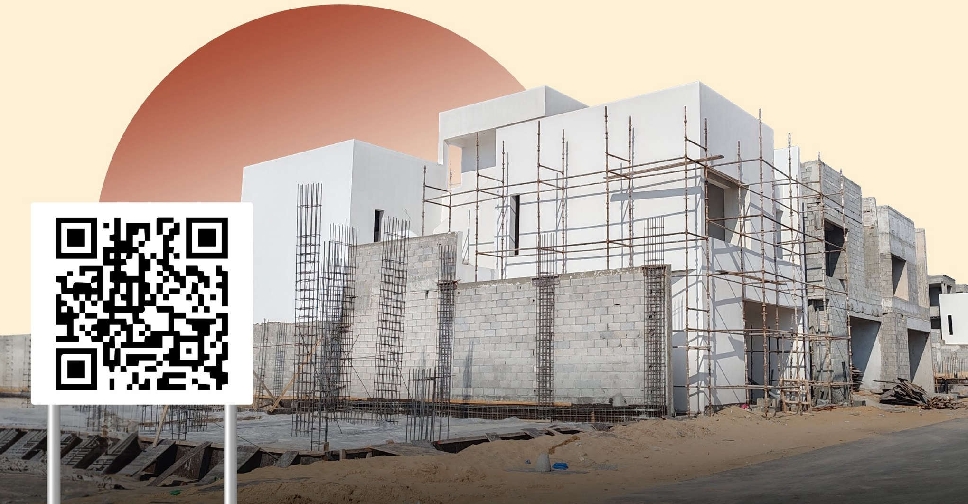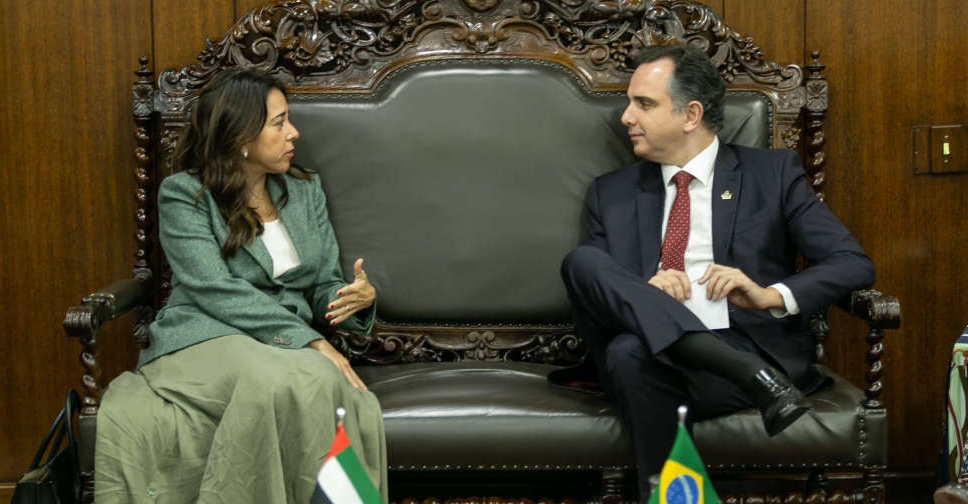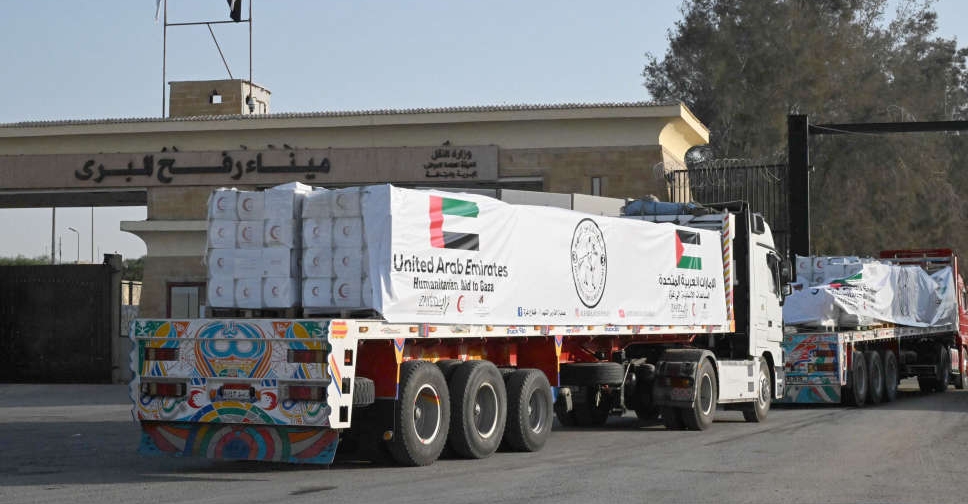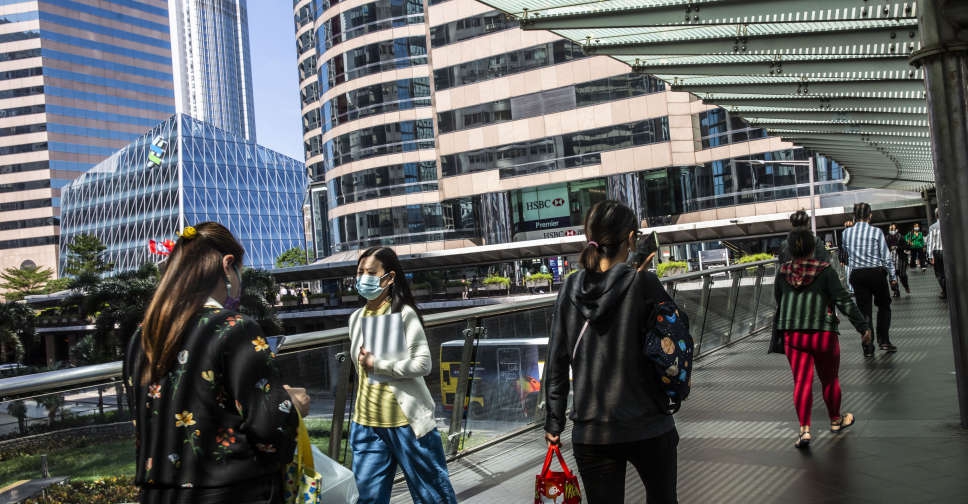
Hong Kong expanded a ban on entry for non-residents from several countries as global health authorities raced to curb the spread of the Omicron variant, while Australia's cabinet will review on Tuesday containment steps after five travellers tested positive.
Singapore's health ministry said two travellers from Johannesburg who tested positive for the variant in Sydney had transited through its Changi airport.
In a late Monday statement, Hong Kong authorities said non-residents from Angola, Ethiopia, Nigeria and Zambia would not be allowed to enter as of November 30.
"The most stringent quarantine requirements will also be implemented on relevant inbound travellers from these places," the statement said.
Additionally, non-residents who have been to Austria, Australia, Belgium, Canada, the Czech Republic, Denmark, Germany, Israel and Italy in the past 21 days would not be allowed to enter the city from December 2, it added.
The global financial hub, among the last places pursuing a zero-COVID strategy, has already banned non-residents arriving from South Africa, Botswana, Eswatini, Lesotho, Malawi, Mozambique, Namibia and Zimbabwe.
In Australia, the five travellers with Omicron are all vaccinated and in quarantine, health officials said, adding they are asymptomatic or display very mild symptoms. Authorities have also identified a sixth traveller who was most likely infected with the variant and had spent time in the community.
Canberra delayed on Monday the reopening of the nation's borders for international students and skilled migrants, less than 36 hours before they were due to be allowed back in.
"We're doing this out of an abundance of caution but our overwhelming view is that whilst (Omicron) is an emerging variant, it is a manageable variant," Federal Health Minister Greg Hunt told a media conference.
Omicron - which the World Health Organisation (WHO) said carries a "very high" risk of infection surges - has triggered global alarm, with border closures casting a shadow over a nascent economic recovery from a two-year pandemic.
However, hopes the variant will be milder than feared have helped restore some calm to markets after a rout on Friday that saw roughly $2 trillion being wiped off the value of global stocks.
Traders also took comfort from remarks by President Joe Biden that the United States would not reinstate lockdowns.
"This variant is a cause for concern, not a cause for panic," Biden said in remarks at the White House.
CURBS AND CONCERNS
First reported on November 24 from South Africa, Omicron has since spread to over a dozen countries. Portugal found 13 cases at a Lisbon football club. Spain, Sweden, Scotland and Austria also reported their first cases of the variant.
The WHO has urged countries to use a "risk-based approach to adjust international travel measures".
The United States has blocked entry for most visitors from eight southern African nations, saying this would give the country time to get more people vaccinated.
The global curbs, however, have triggered concerns about vaccine inequality.
"The people of Africa cannot be blamed for the immorally low level of vaccinations available in Africa – and they should not be penalized for identifying and sharing crucial science and health information with the world," UN Secretary-General Antonio Guterres said in a statement.

 UN: 70% of Gaza fatalities women and children
UN: 70% of Gaza fatalities women and children
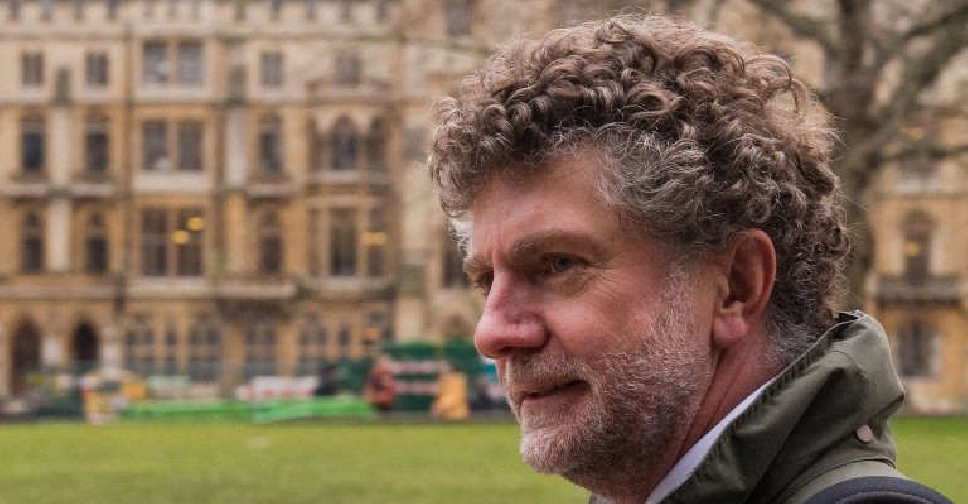 Britain names Jonathan Powell as national security adviser
Britain names Jonathan Powell as national security adviser
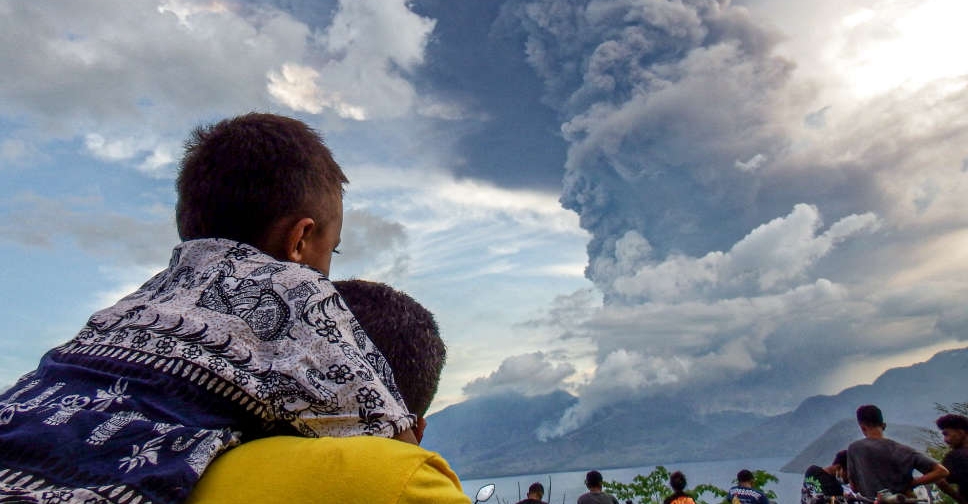 Indonesian volcano spews ash 10 km high
Indonesian volcano spews ash 10 km high
 Israeli PM directs two rescue planes to Amsterdam
Israeli PM directs two rescue planes to Amsterdam
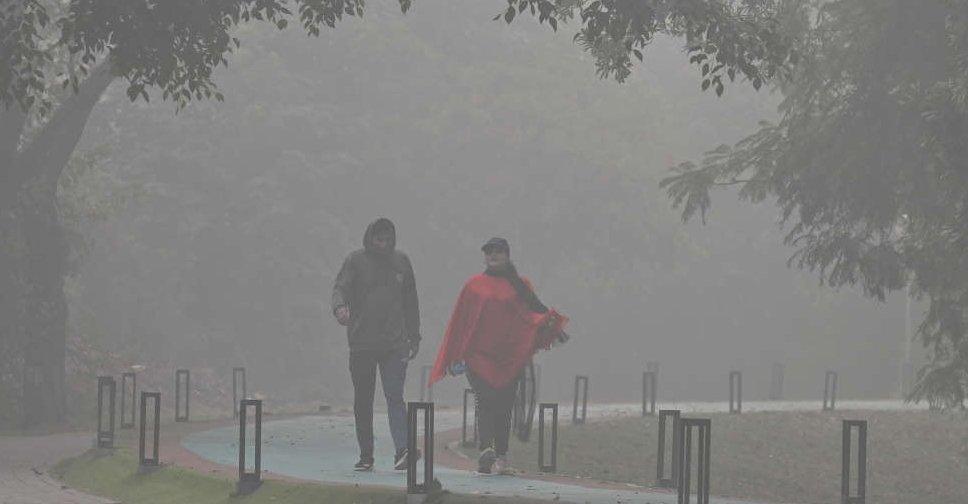 Pakistan bans entry to parks, zoos as air pollution worsens
Pakistan bans entry to parks, zoos as air pollution worsens
